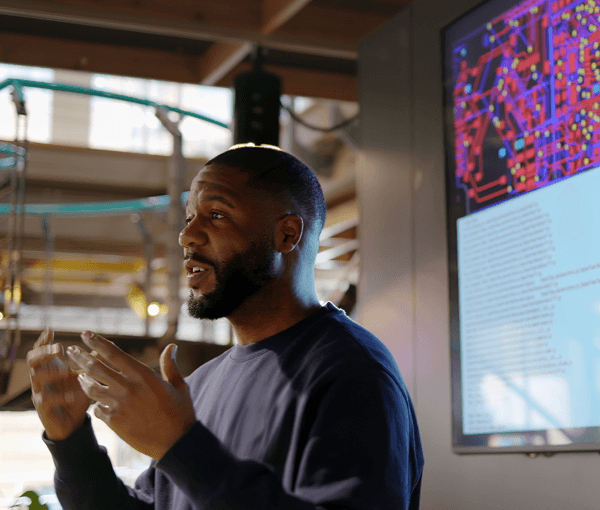Jason Christopher
Certified InstructorSenior Vice President of Cybersecurity and Digital Transformation for Research and Innovation at Energy Impact Partners (EIP)
Specialities
Industrial Control Systems Security

Experience SANS training through course previews.
Learn MoreLet us help.
Contact usBecome a member for instant access to our free resources.
Sign UpWe're here to help.
Contact UsIndustrial Control Systems Security

Jason D. Christopher is a SANS Certified Instructor and the Senior Vice President of Cybersecurity and Digital Transformation (Research and Innovation) at Energy Impact Partners. He teaches SANS ICS456: Essentials for NERC Critical Infrastructure Protection and co-authors SANS ICS418: ICS Security Essentials for Leaders. Jason’s strength in the classroom comes from two decades bridging engineering, policy, and utility operations, turning regulatory complexity and real-world constraints into practical guidance.
[Jason] is making such a dry topic incredibly interesting and engaging. In addition, his background has provided great parallels to make the material more applicable to real-world scenarios.
Jason is a very experienced professional who adds a real-world perspective to the material.
Jason was great as an instructor, and I would gladly take any course he was giving.
Here are upcoming opportunities to train with this expert instructor.
Explore content featuring this instructor’s insights and expertise.
Join us to discuss insights from SANS 9th annual State of ICS/OT Security Survey. This trusted industry research captures how organizations across sectors are evolving their industrial cybersecurity strategies in response to regulatory pressures, emerging threats, and operational demands.

Grounded in current SANS research and frontline operational experience, this one-hour session brings together Tim Conway, Robert M. Lee, Jason D. Christopher, and Dean Parsons to deliver leadership-level guidance for practitioners and executives.

On this webcast, we will explore results from our 2025 survey. We will cover specific topics with an eye toward providing asset owners and operators with clear benchmarks for improving cyber threats, vulnerabilities, and risks across industrial environments.

Join us at the 2025 Government Security Forum on July 22nd at 10:00 AM ET to gain intelligence, tools, and real-world strategies needed to defend your agency against next-generation cyber threats. Register for free today!

Review relevant educational resources made with contribution from this instructor.